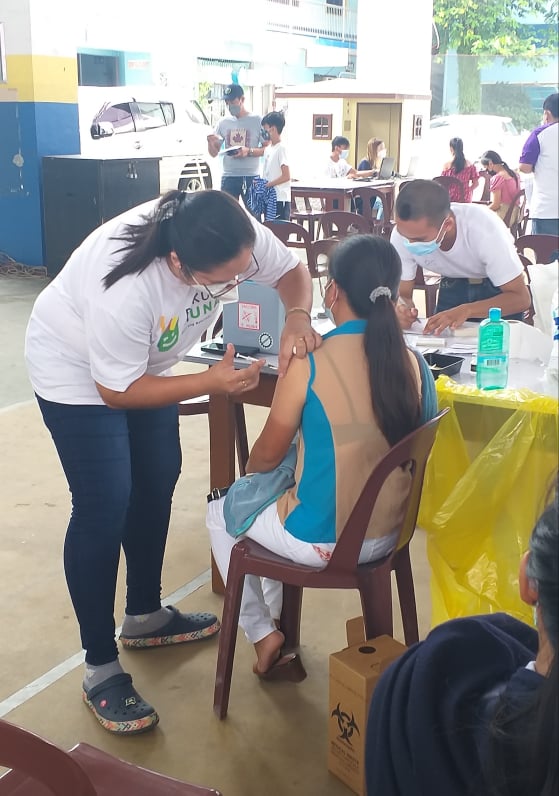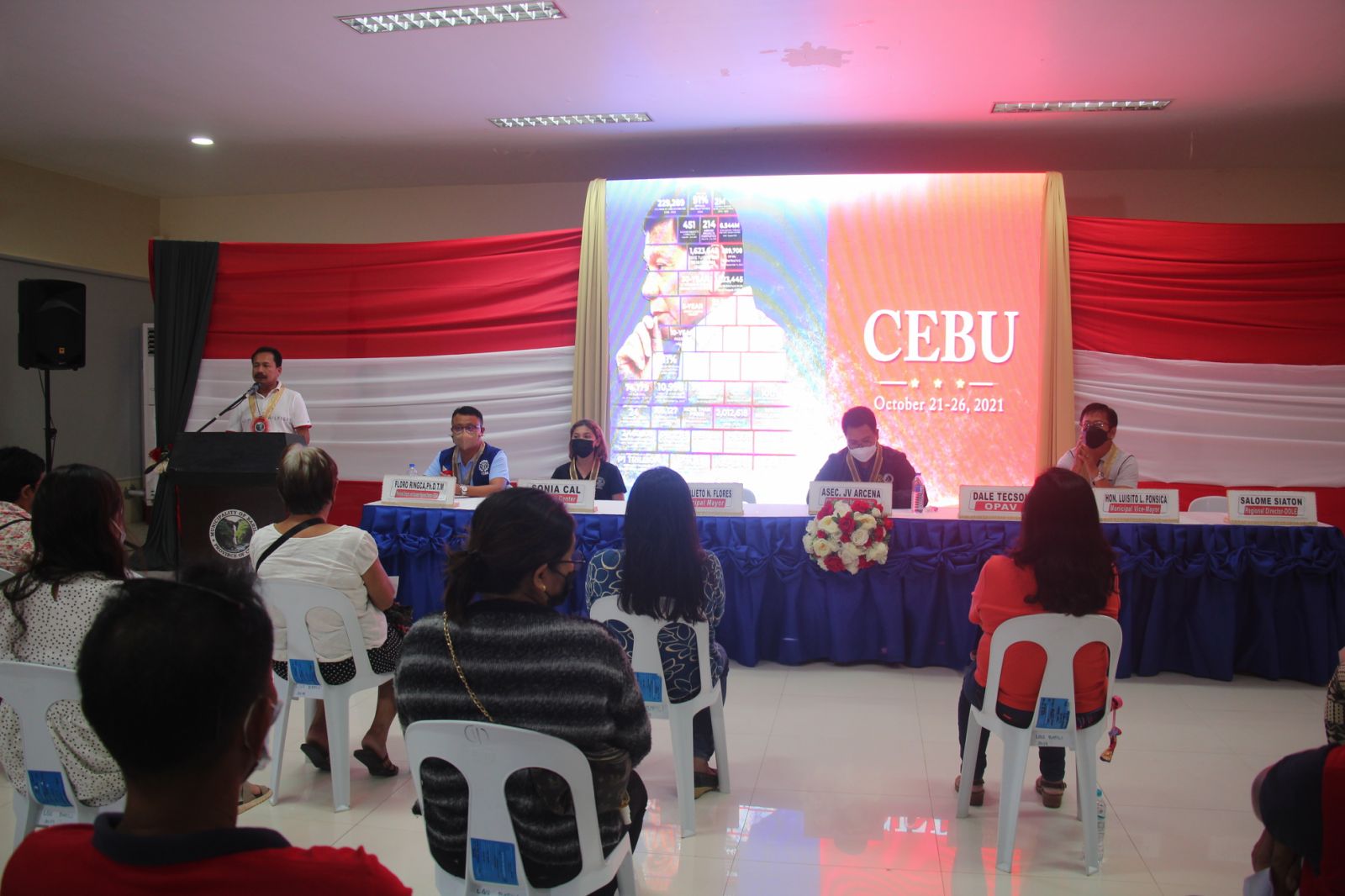TAGBILARAN CITY, Bohol, April 15 (PIA) -- Gone are the days when legislations are ill-prepared, lacking the grounding and the reality connect, thanks to the government’s National Research Council of the Philippines (NRCP).
An agency existing under the Department of Science and Technology (DOST), the NRCP, armed with over 5,000 experts from various research fields, can now be utilized by legislators in the local government units and other policy-making bodies including Congress and the Senate, to churn out more research-based policies, according to Dr. Bernardo Sepada, NRCP executive director.
Sepada, who is also a religious education professor, said that they, along with the Philippine Council for Health Research and Development (PCHARD), Philippine Council Agriculture Aquatic and Natural Resources Research and Development (PCAARD), Philippine Council for Industry, Energy and Emerging Technology Research and Development (PCIERRD), picked up different focal research aspects to discover and push for the use of cutting-edge technologies to bring the country to its Ambisyon 2040.
While the four councils each have areas or research fields, the NRCP focuses on basic and fundamental research: getting into research areas where the society has not seen applicable use, or might be useless yet, or into the blue sky research.
The NRCP official statement also shared they got a sizable share of state budget for policy research to make sure that laws crafted are based on science, facts, be they as per solons’ requests or from local government units, who may not have the technology and the capacity to embark on such new knowledge ventures.
In the country, Sepada admits that there have been some good research already made, however, these are done in disconnect with the industries so that these incubate into prototypes that do not respond to the needs of the times.
With the agencies in the forum, Sepada aims to show and make agencies realize the breadth of the field now researched to show that there isn’t any need to begin anew when there is already a research on the topic.
“What we lack is industry partnerships with research institutions and the industries,” he pointed out.
With that in the current state, research outputs seldom respond to the industry needs while the industry demands do not match with the research outputs; that the government is now partnering with the industries and private sector to close in on that gap.
"With DOST Director Renator Solidum, we have just signed a Memorandum of Agreement with the Philippine Chamber of Commerce and Industry and this encourages partnership with research and the industry partners, and the scale them so that people would know its use and use them," Sepada said.
For this, the DOST is putting up a common resource facility in a soon-to-be launched Techno-hub, where all the technologies are already in one site for public access.
With that, upcoming is the development that would put all research outputs in the same resource center, he said.
The same database of NRCP-funded research is already available so that the body of knowledge can be harmonized and advanced into deeper knowledge.
The NRCP, in the absence of that resource center base, is reaching out to the communities for them to know of the available materials and use them.
The NRCP is also funding research studies and technology development, and In Bohol, a current research on tilapia feeds, using yeast extracted, not from imported soya, but from mangroves, is a Boholano contribution to the body.
LGUs in need of research, funding and technical assistance can go to the DOST NRCP website for additional information and then possible see for areas of collaboration and partnership, he capped. (RAHC/PIA7 Bohol)






